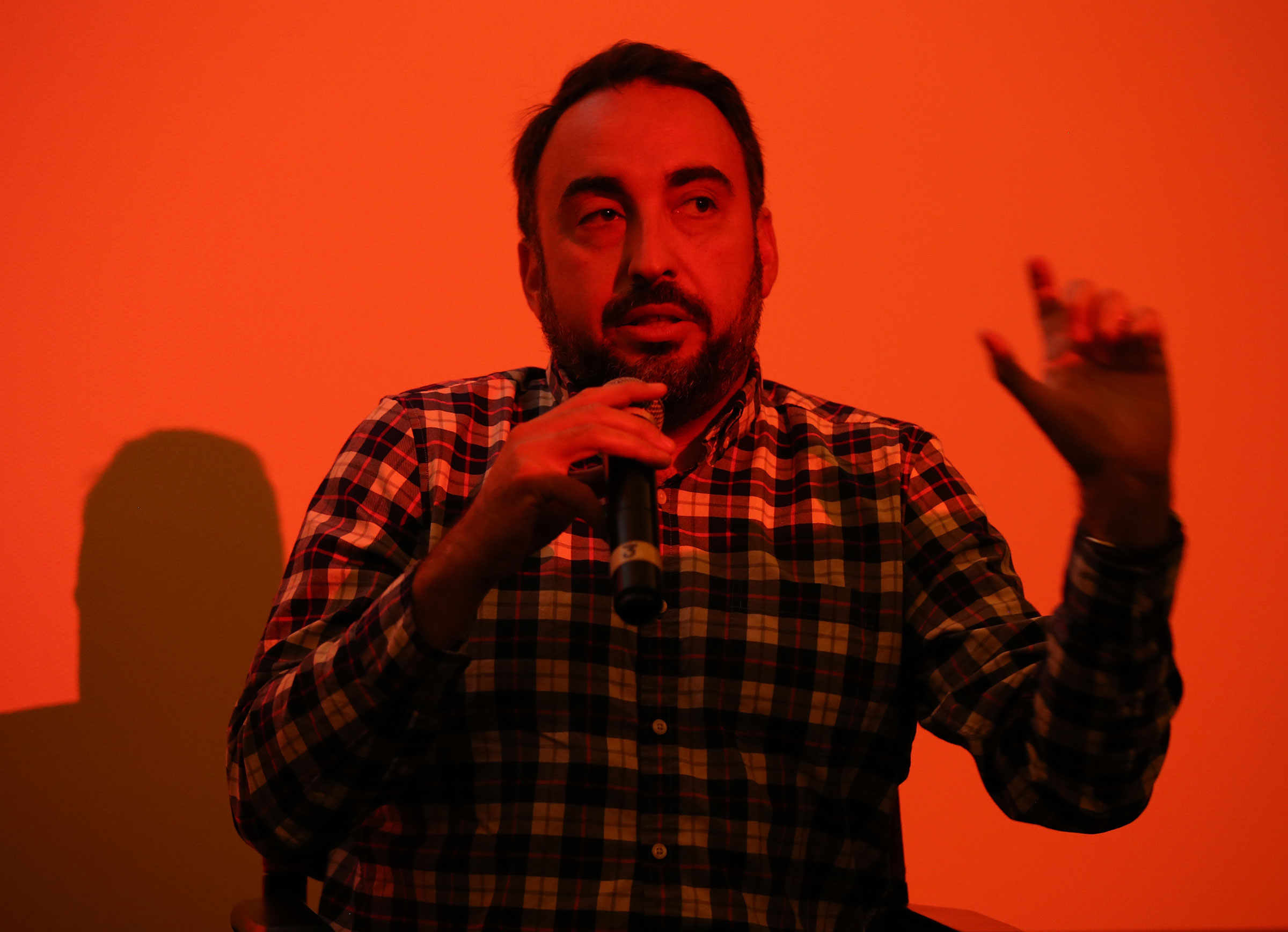The year 2020 was a busy one for the world of cyber-security—and also for one of its pre-eminent experts, Alex Stamos. A former chief security officer for Facebook who left in 2018 after disagreements with top executives over how much Russian election interference the company should publicize (he argued for more transparency), Stamos has become a vocal and fair critic of the company and the wider tech industry, as director of Stanford’s Internet Observatory. After the pandemic hit, he helped secure Zoom’s architecture as millions of new users piled on. And as the 2020 election approached, he helped lead the Election Integrity Partnership, a coalition of research groups that studied and reported on disinformation in real time in an effort to stop it. A key finding: unlike in 2016, when Russians were largely to blame, in 2020, the most influential disinformation came from prominent Americans with large social media followings. Even if the big tech companies were to enforce their policies consistently (and they don’t), the problem, Stamos’ work tells us, has become a bigger one than they can ever solve alone. —Billy Perrigo
- The 100 Most Influential People of 2024
- Coco Gauff Is Playing for Herself Now
- Scenes From Pro-Palestinian Encampments Across U.S. Universities
- 6 Compliments That Land Every Time
- If You're Dating Right Now, You're Brave: Column
- The AI That Could Heal a Divided Internet
- Fallout Is a Brilliant Model for the Future of Video Game Adaptations
- Want Weekly Recs on What to Watch, Read, and More? Sign Up for Worth Your Time
